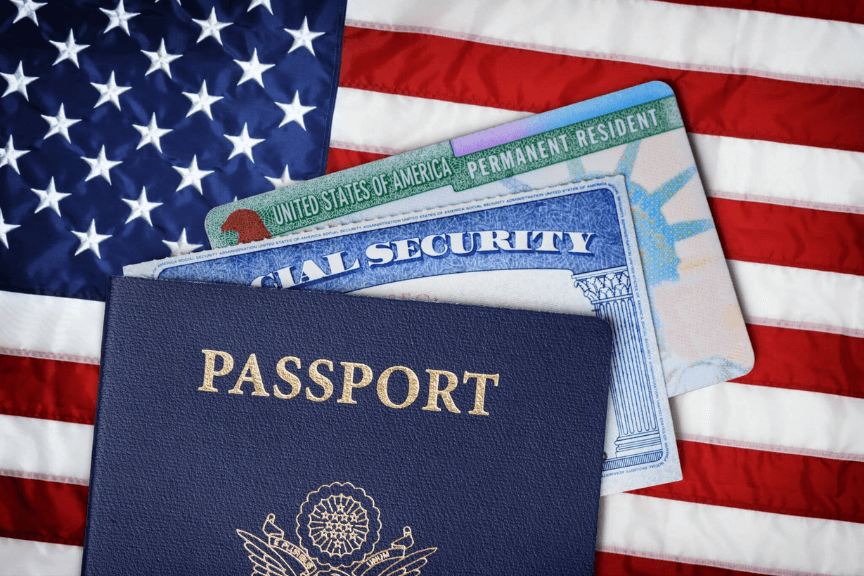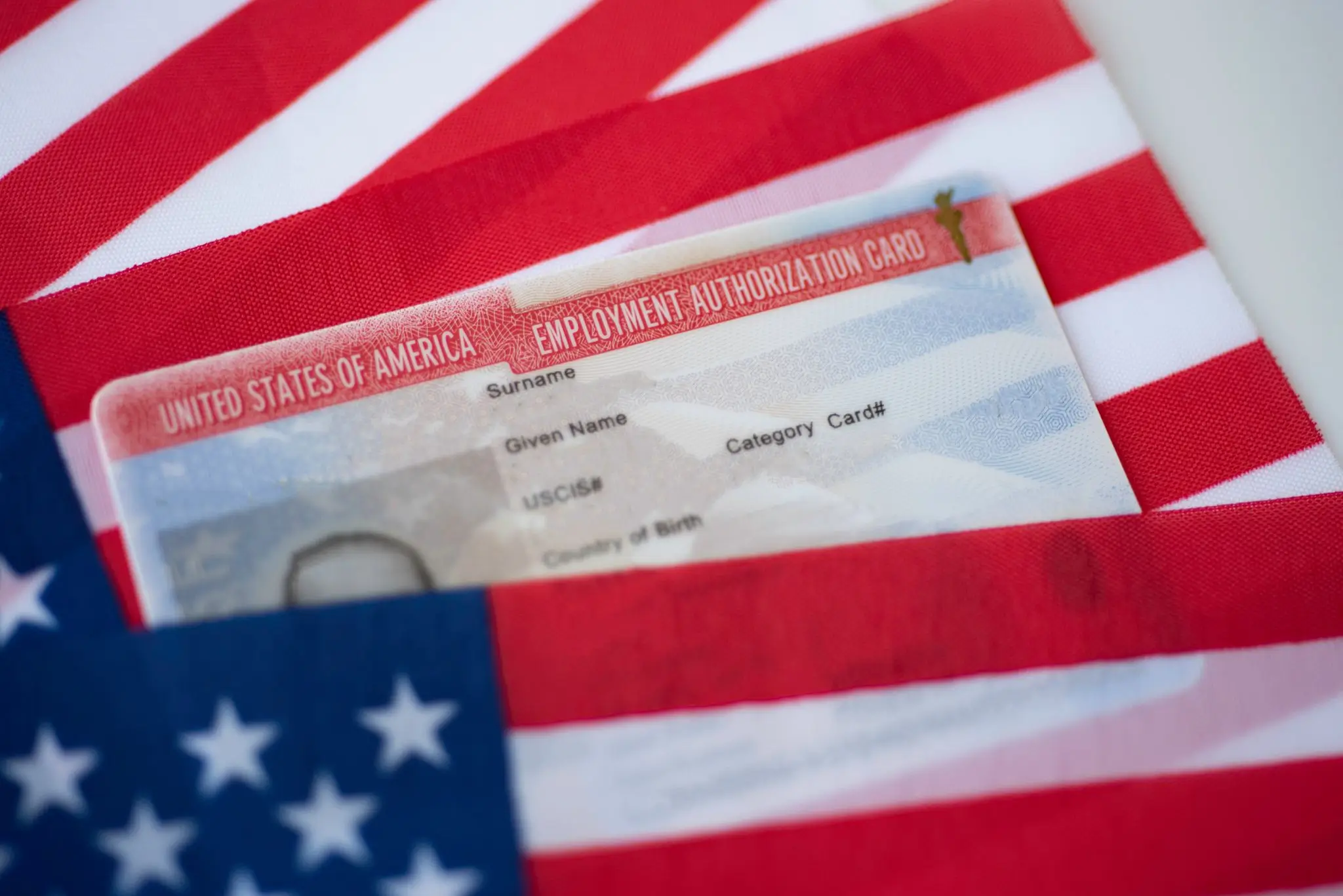Blog
Related Articles

Inmigration laws
Is It possible to fix immigration papers if I have a drug conviction?
Hola mi gente, as many of us know, immigration cases involving drug convictions can seem daunting. D...
 María Mendoza
María Mendoza
Published: December 4, 2024

Inmigration laws
How to Get a Green Card in 2025
Even though the political climate has been unstable since Donald Trump’s return to the preside...
 María Mendoza
María Mendoza
Published: July 18, 2025

Inmigration laws
Humanitarian visas remain valid, check official sources!
Hello, I am Attorney María Mendoza. Recently, there has been news circulating on social media...
 María Mendoza
María Mendoza
Published: February 13, 2025

Inmigration laws
3 Ways to Get a Work Permit in the United States
Having a work permit in the U.S. doesn’t just open doors to better jobs—it brings peace ...
 María Mendoza
María Mendoza
Published: August 8, 2025

Inmigration laws
DACA 2025: Latest Updates and Opportunities for Dreamers and Their Families
Before Donald Trump returned to power, the DACA program had been a life-changing opportunity for tho...
 María Mendoza
María Mendoza
Published: November 11, 2025